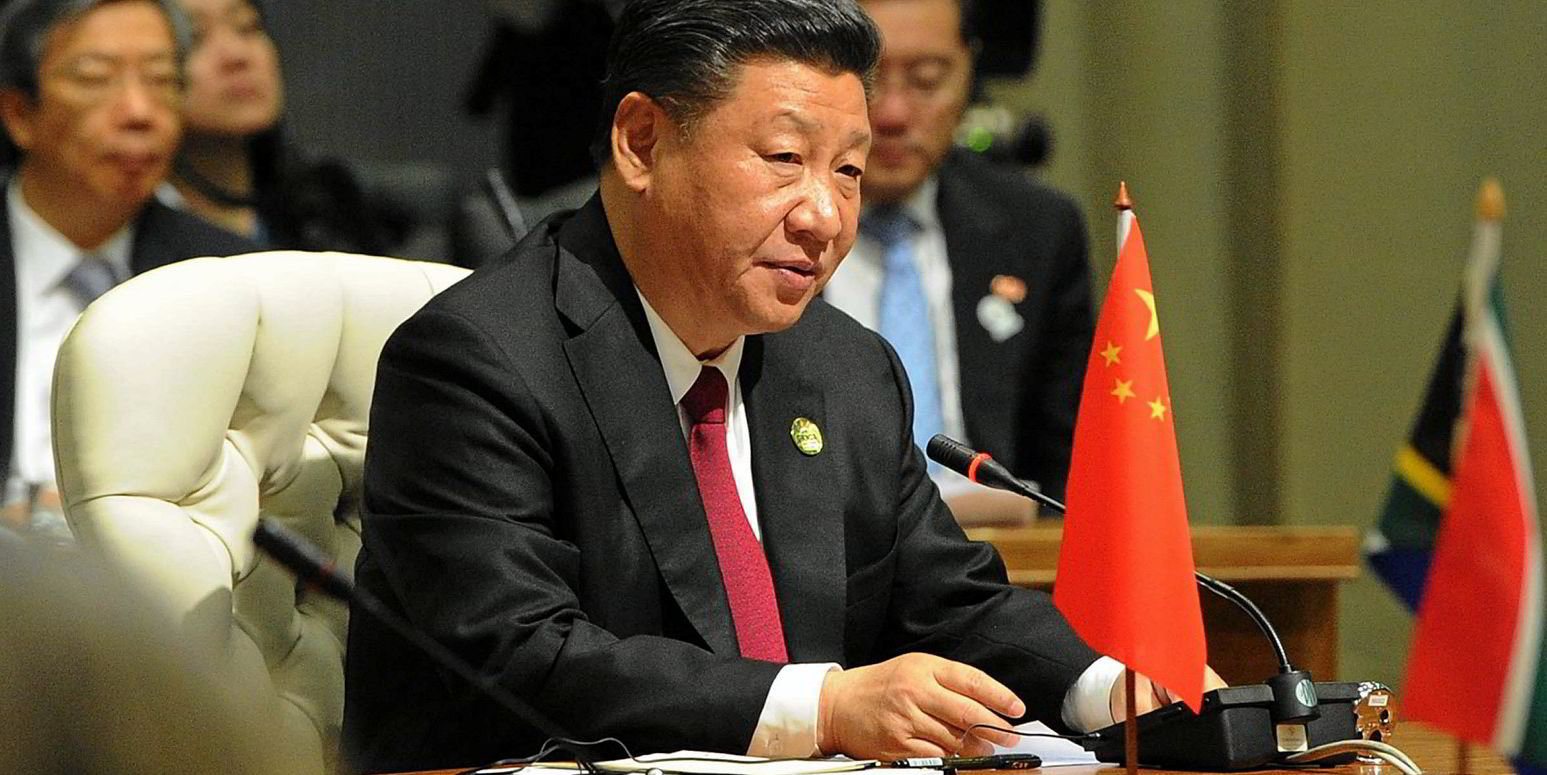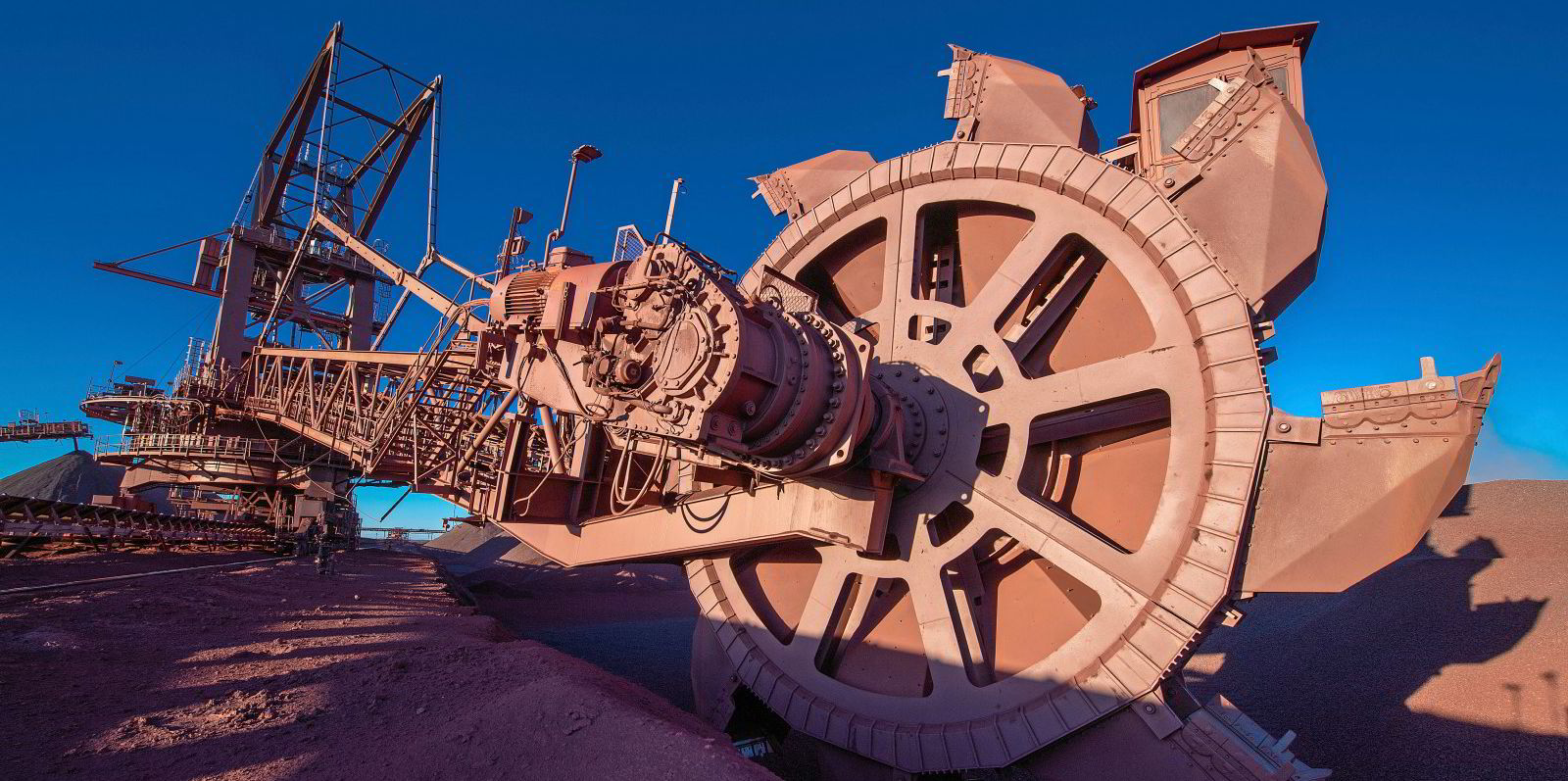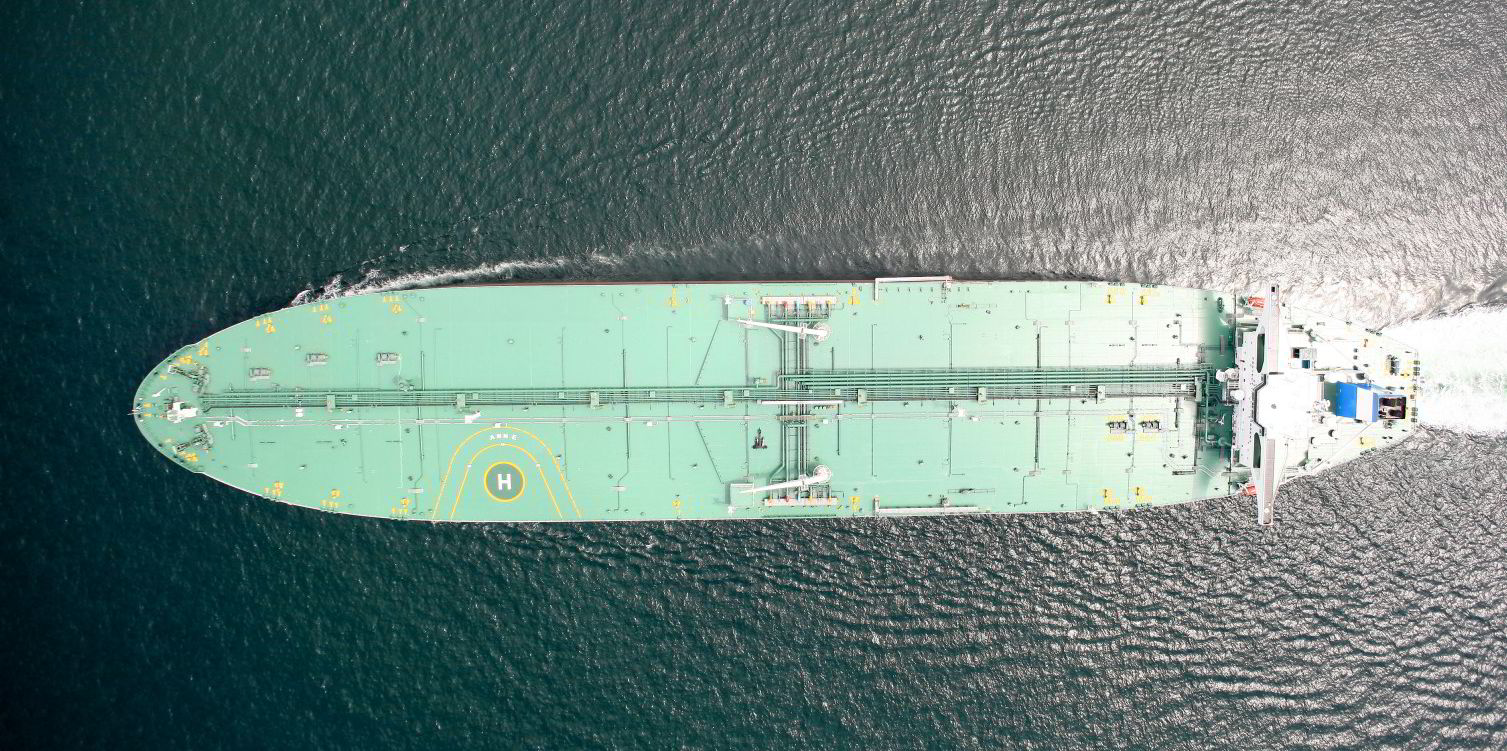Brakes on the Chinese economy have led to warnings to shipping not to rely too heavily on this global engine of growth.
London-based shipbroker Braemar ACM warned in a research note of "alarming signals" coming out of the Far East amid a huge pull back in steel production.
"Economic markers such as industrial output, infrastructure investment, retail sales and floor space under construction also registered the slowest levels of growth since the pandemic hit China in 2020."
The Braemar warning was followed up by a second from New York-based shipbroker Poten & Partners, which said the "days of rapid, unbridled growth of demand for large tankers bringing crude imports to China are behind us".
These concerns from the maritime world come amid wider jitters over the state of China’s property sector.
There are also fears about the strength of future stimulus packages from the US Federal Reserve and wider fears the post-pandemic global economic recovery is faltering.
Monday brought a big sell-off of stocks around the world amid a liquidity crisis at the world’s most indebted property developer, Shenzhen-based Evergrande.
A Lehman moment?
One banker described it as China’s “Lehman moment” in a reference to the collapse of American investment bank Lehman Brothers Holdings — an event which heralded the start of the wider 2008 financial crisis.
Evergrande, which has debts of an astonishing $300bn, saw its shares plummet a further 19% on Monday.
Mining companies and bulk shipping stocks felt the pain immediately
The Chinese state, which owns much of the banking system, could ride to Evergrande’s rescue at any moment but seems determined to teach the wider property sector a lesson for ignoring its demands to reduce debt levels.
The Hang Seng Property Index of top Chinese-listed developers slumped 7% to its lowest level for five years.
The concerns rumbled through Wall Street, pulling the S&P 500 index of leading US listed companies down 1.4%.
International mining companies and some formerly high-flying bulk shipping stocks felt the pain immediately.
Chinese bulker owner Jinhui Shipping & Trading saw its shares slide 20% and Golden Ocean Group’s valuation fell by 13.5%.
There has also been a major commodity sell-off, with iron ore suffering one of its worst weeks on record in the seven days to 17 September.
Steel mills in China have been forced into a go-slow by government production curbs, while there are signs of faltering physical demand for homes and infrastructure.
Just to add to the sense of uncertainty, there have been growing geopolitical tensions after the US, Australia and Britain unveiled a new Aukus defence pact.
Beijing condemned the new grouping, claiming it seriously undermined regional peace and intensified a global arms race.
But the most serious issue surrounds economic rather than military or political issues, with the Chinese communist government trying to reassert control over certain business sections and take the air out of a speculative asset bubble.
There has been a high-profile regulatory crackdown on its formerly booming tech sector and warnings from President Xi Jinping to rich businessmen that “excessive incomes” must be “adjusted”.
The production quotas on steel led to a 12% year-on-year decline in output last month and helped lead to a halving of iron ore prices since May.
Despite the slowdown and Braemar’s warnings about the longer term, the dry bulk sector has remained more than firm.
The capesize sector in particular has been aided by high levels of iron ore exports out of Brazil, coupled with continuing post-pandemic congestion at ports around Shanghai.
Trouble for tankers
Meanwhile, the caution coming from Poten about the tanker sector relying too much on Chinese imports is derived from estimates that the 5.5% annual oil demand over the past 20 years will not be sustained.
Crude levels grew from 4.7m barrels per day to nearly 14m barrels per day last year, but state-owned Sinopec has already forecast they will peak at 16m barrels per day.
The biggest driver for change is the speed with which the world’s most populous country is shifting from petrol-driven cars to electric vehicles.
With the climate crisis on every country’s agenda — to some extent or another — Poten sees no one taking up the slack on crude and therefore tanker tonne miles.
The broking house said shipping needs to “carefully manage vessel supply to enable the industry to return to profitability”.
It seems like all eyes are on China for the moment.





